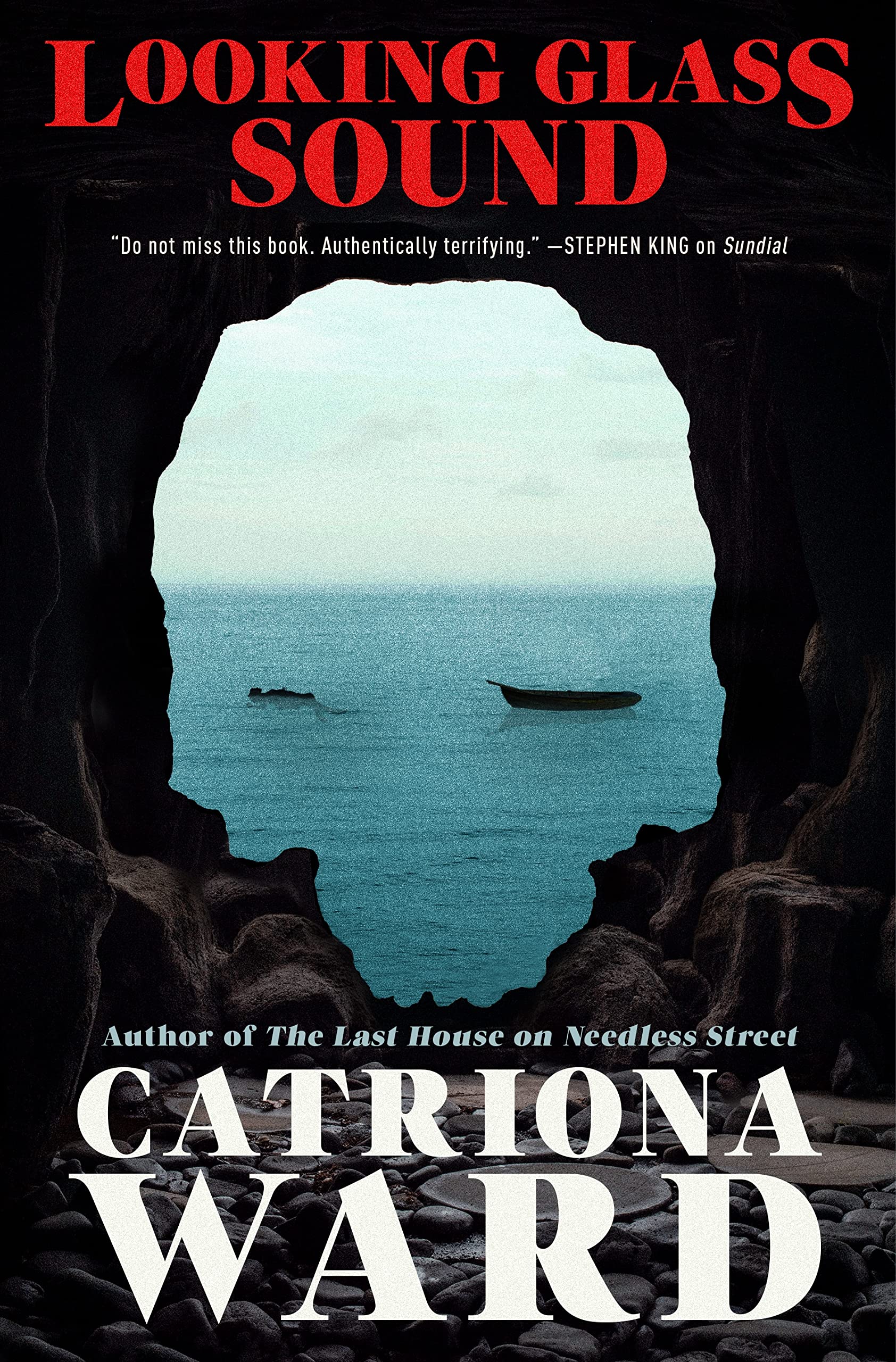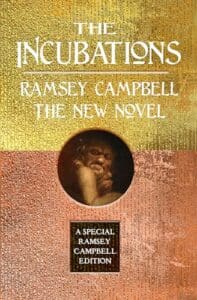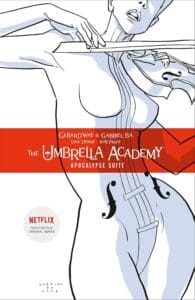
Synopsis
Looking Glass Sound is the newest twisty psychological horror novel from Catriona Ward, the internationally bestselling author of The Last House on Needless Street and Sundial.
In a lonely cottage overlooking the windswept Maine coast, Wilder Harlow begins the last book he will ever write. It is the story of his childhood summer companions and the killer that stalked the small New England town. Of the body they found, and the horror of that discovery echoing down the decades. And of Sky, Wilder’s one-time best friend, who stole his unfinished memoir and turned it into a lurid bestselling novel, Looking Glass Sound.
But as Wilder writes, the lines between memory and fiction blur. He fears he’s losing his grip on reality when he finds notes hidden around the cottage written in Sky’s signature green ink.
Catriona Ward delivers another mind-bending and cleverly crafted tale about one man’s struggle to come to terms with the terrors of his past… before it’s too late.
Review
Ward is best known for her twisty, suspenseful, mysterious, evocative (I could keep going) novels that subvert expectations. When you open one of her books, the cardinal rule is, “Nothing is truly as it seems.” This rule could not be more applicable than to her latest release, Looking Glass Sound, a novel that spans many tropes, ideas, and high concepts.
Normally this is the space where I summarize a novel in my own words before reflecting on the events that I may mention. However, as many before have said, this is an incredibly spoiler-y book. The synopsis you find on the inside cover of the dust jacket or on Goodreads (which is listed above) sums things up best, and I don’t want to be the one to ruin the fun. Looking Glass Sound has often been described as Gothic metafiction, a classification that lends itself to describing the unclear events that occur within the novel as well as referencing its own self. If this sounds confusing, it’s my belief that this is intentionally meant to be. What better way to create an atmosphere flooded with horror than to evoke feelings of uncertainty around the very thing you’re referencing?
To be more concrete, the novel starts off with a story of three teenagers who summer together in Maine; this is the part of the book that feels, at its roots, to be firmly planted in themes of a coming-of-age story. On the precipice of establishing independence as an adult, Wilder, Nat, and Harper forge a friendship that is essentially encapsulated in amber as friendships often do at this age. In a way, their relationship is a character in and of itself, something that exists within the confines of the summers they spend together. As tragic events unfold, their time together is cut short and the other two parts of the book are spent dealing with the fallout. Timelines and points of view vary which creates an atmosphere of unstable footing, especially in the eyes of trauma. You see, it’s all about perspective, isn’t it?
The greatest impact Ward makes with Looking Glass Sound is the importance of creative agency as it relates to one’s own voice and experience, their perception. Following the devastating events that sever Nat, Harper, and Wilder’s relationship, Wilder reflects on this time through his own unique lens. We are made privy to his point of view and his own understanding of the way things occurred. Beyond a doubt, every character introduced within the confines of these pages can be considered an unreliable narrator, not for their ill will or malicious intent, but for their own unique experience. Take Wilder for example, a boy who from the very first line of the book states that he is ready to fall in love. He doesn’t specify with whom or what even; but, at the age of sixteen, he is ready to experience that feeling. This yearning colors the optics of his experiences from there on out; what we witness is Wilder witnessing, not the events themselves as fact.
The closest example I can think of in relation to Looking Glass Sound is Donna Tartt’s acclaimed novel, The Secret History, a book I’ve quietly believed is a horror novel of its own. The main character, Richard, is famously known as one of, if not the most, unreliable narrators in fiction. The titular events of that novel are glossed over due to Richard’s deceit, inebriation, or downright ignorance; in fact, a rather violent event unfolds in which we never really know what happens despite it defining the entirety of the novel. As with Tartt’s work, Ward creates a horrifying atmosphere in which we truly do not know up from down even by the book’s conclusion. Sure, we have a better idea regarding some plot lines, but there’s a strong air of ambiguity. A certain level of fear can be associated with uncertainty, and Ward capitalizes on this notion to create an air of mystery, suspense, and terror.
Beyond this, the events of Looking Glass Sound center around Wilder as he grows older and attempts to further understand just what happened that summer through writing. It’s here that the plot takes a turn to explore the idea of metafiction, a story within a story. Wilder’s creative license is hijacked when his story seemingly becomes someone else’s through an act of theft. It is through this plotline that we come to understand the intense value of voice from a storyteller. Much of Looking Glass Sound is dedicated to piecing together who the characters truly are at their core and the role they play within the complex plot. Creative agency is the whole reason Wilder begins to document his experiences from his summers with Nat and Harper; his belief that his identity is directly related to his own experiences is the driving force behind his craft.
“Writing things down purifies them.”
To have his own story taken from him is a horrendous act, one that proves to apply to multiple characters beyond Wilder. To exist in the world of Looking Glass Sound means to search for meaning in the unknown, whether that’s events that are not clearly understood or even the characters themselves. It begs the question: how well do you know yourself?
“It requires me to look at it backwards, as if the camera had turned around to shoot the scene from another angle. The book is a mirror and I am stepping through the looking glass.”
In Catriona Ward’s most impressive literary feat to date, the ideas of perspective, a lack of certainty, and questions of identity thrive through an examination of relationships and the art of creating. Wilder’s experiences are forever colored by his connections to Harper and Nat which we see clearly expressed through his efforts to write his own story. There’s an additional emotional subterfuge that compacts Wilder’s struggles through the betrayal of a close friend when his own story is stolen. This is a story about stories and the power they hold depending on who is telling them. It’s not an understatement to say that I’ve never read anything quite like this. Under Ward’s spell, the very book you hold in your hands becomes the weapon.
“You can trap someone in a book, their soul – make a prison of words. A cage.”
Looking Glass Sound is a fickle thing, a story that one minute seems to be one thing and then quickly shifts into another. In its own meta way, the uncertainty about what we’re reading serves to heighten feelings of horror and suspicion. Is it a tricky read? Absolutely. If anything, Ward’s writing is a compliment to her readers, her faith unwavering in our abilities to stretch and understand the complexities of such a novel. For once, not having all the answers is quite alright. I’ve never felt safer in such slippery hands.









Leave a Reply